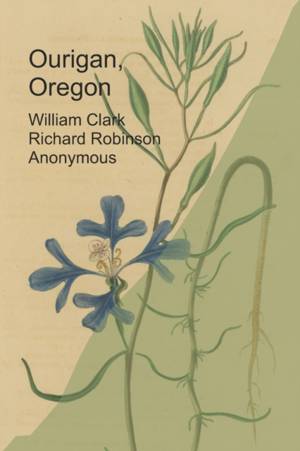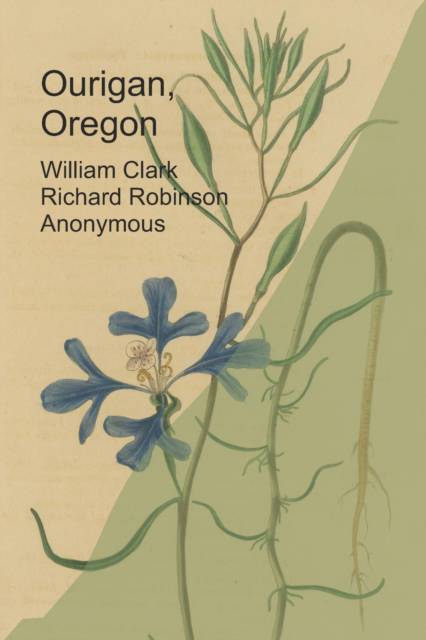
- Afhalen na 1 uur in een winkel met voorraad
- Gratis thuislevering in België vanaf € 30
- Ruim aanbod met 7 miljoen producten
- Afhalen na 1 uur in een winkel met voorraad
- Gratis thuislevering in België vanaf € 30
- Ruim aanbod met 7 miljoen producten
Omschrijving
Ourigan, Oregon is a collection of poems, divided into two distinct groups, distinct in terms of time and temperament, but also wildly different in style, influence, and purpose. They were written by two different authors over two hundred years apart: William Clark of the Corps of Discovery, in 1804-1806, and an anonymous author, possibly posthumous, and seemingly from Portland, Oregon, in the years 2017-2019.
Where the two meet is in the places and things found up and down and along either side of the Columbia River, the lifeblood of Oregon, from as far east as Dog River (modern-day Hood River) or even the Dalles, to the western shores of the U.S., where the Columbia River vomits sweet water into the brine of the "great Pacific Octean."
To say that William Clark, of Lewis and Clark fame, wrote poetry in his journals sounds far-fetched: he wrote in a prose that is, however, highly poetic in places. These are the Ourigan poems, co-authored, or rather edited, by Richard Robinson. They are 95% pure Clark: misspellings, warts, poetry and all; and 5% Robinson: editing, meter, rhythm, and rhyme where it works.
The anonymous poems - the Oregon poems - are written, seemingly, as recollections in tranquility by an author whose background and whereabouts are equally uncertain. The poems were written in the same places along the river that Clark visited. But their themes, although similar, are wildly different. There is, in addition, a very particular pinch of modernness to them, which some might call depravity.
We leave it to the readers to judge for themselves whether this collection of poetry coheres, or abruptly falls apart and dies, like water over an edge, or like autumnal leaves dropping, one by one, into the river, as they quietly "mend their way south" and "keep far from the strand."
Specificaties
Betrokkenen
- Auteur(s):
- Uitgeverij:
Inhoud
- Aantal bladzijden:
- 74
- Taal:
- Engels
Eigenschappen
- Productcode (EAN):
- 9781955392167
- Verschijningsdatum:
- 12/11/2021
- Uitvoering:
- Paperback
- Formaat:
- Trade paperback (VS)
- Afmetingen:
- 152 mm x 229 mm
- Gewicht:
- 122 g

Alleen bij Standaard Boekhandel
Beoordelingen
We publiceren alleen reviews die voldoen aan de voorwaarden voor reviews. Bekijk onze voorwaarden voor reviews.











